The idea that drinking a lot of water during the day to lose weight has no scientific basis, because water does not help burn calories, nor does it make people feel full longer, according to experts.
Many people believe that one of the effective ways to lose weight is to drink a lot of water every day. On the internet, people even spread the word that drinking about 4.5 liters of water will reduce appetite, burn calories, and thereby lead to weight loss. However, experts say this is an untrue statement.
Dr. Duane Mellor, Head of the Department of Medicine and Nutrition at Aston Medical School, Aston University, UK, said that water does not help burn calories . This myth originally came from a small study of 14 young men. In it, scientists showed that drinking 500 ml increased resting energy expenditure (the amount of calories the body burns before exercise) by about 24%.
However, this state only lasts for an hour, does not make much of a difference and does not lead to weight loss. For an average adult weighing 70 kg, burning about 20 extra calories (equivalent to every 500 ml of water consumed) is equivalent to fasting for a quarter of a cookie.
Another study of eight young men found that drinking cold water increased energy expenditure, but only by a modest 4%. This was because the body needed to use more energy to warm the water to 37 degrees Celsius, while also filtering the increased amount of fluid through the kidneys. This effect also only lasted about an hour.
Dr Mellor says that in theory, drinking water can reduce calories, but only in very small amounts. "Even if you drink an extra 1.5 litres of water a day, the calories burned are only the same as a slice of bread," he says.
Additionally, both studies were conducted on young, healthy people. Experts say more analysis is needed to see if the calorie-reduction effect occurs in other age groups.
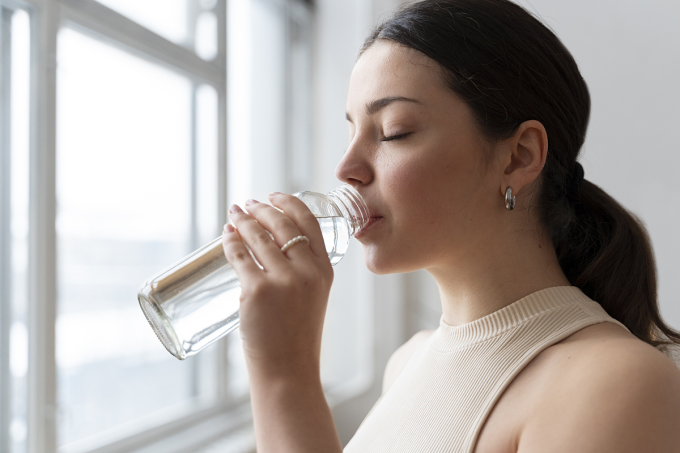
A woman drinking water. Photo: Freepik
Another false claim is that water reduces appetite. Many people believe that water takes up more space in the stomach, making people feel fuller, so they eat less at meals.
Studies in middle-aged and older adults support this hypothesis. This is also the reason why doctors often recommend that sick people or those with poor appetites not drink alcohol before meals.
However, for those who need to lose weight, the principle is not so simple. One study found that middle-aged and elderly people lost 2 kg over about 12 weeks if they drank water before meals. Meanwhile, in younger people (21-35 years old), their weight remained the same, whether they drank water before meals or not.
However, the scientists did not conduct a double-blind study (meaning the participants were not informed about the study). This could have led to volunteers becoming aware of the reasons why they needed to drink water before meals, and thus consciously or unconsciously changing their diets in the hope of changing their weight.
Another challenge with studies like this is that they only focus on how much people eat at each meal. Scientists have not been able to provide convincing evidence that reducing appetite can lead to weight loss over time.
According to Dr. Mellor, water may reduce appetite in the short term, but it does not help with weight loss.
Scientists say people who want to control their weight should pay attention to their overall diet and exercise, rather than relying on their water drinking habits. Some evidence suggests that when mixed with other substances, such as fiber, soup or vegetable juice, water can slow the rate at which the stomach empties.
Thuc Linh (According to Conversation )
Source link


![[Photo] Prime Minister Pham Minh Chinh and Prime Minister of the Kingdom of Thailand Paetongtarn Shinawatra attend the Vietnam-Thailand Business Forum 2025](https://vphoto.vietnam.vn/thumb/1200x675/vietnam/resource/IMAGE/2025/5/16/1cdfce54d25c48a68ae6fb9204f2171a)





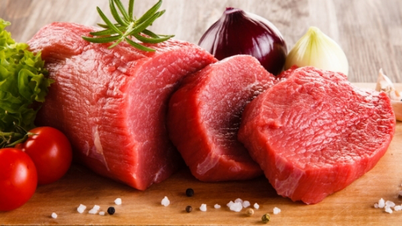







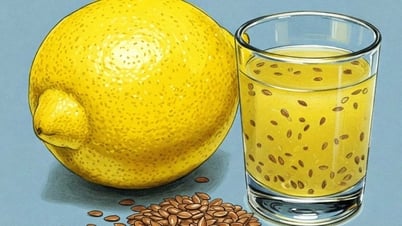



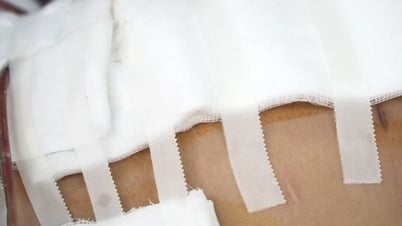
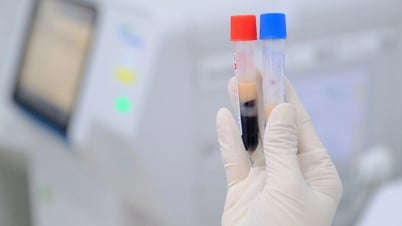

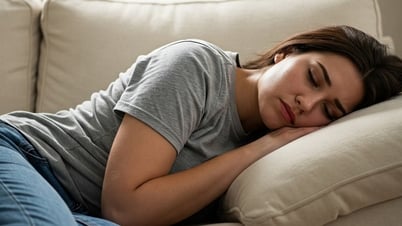










![[Photo] President Luong Cuong receives Prime Minister of the Kingdom of Thailand Paetongtarn Shinawatra](https://vphoto.vietnam.vn/thumb/1200x675/vietnam/resource/IMAGE/2025/5/16/52c73b27198a4e12bd6a903d1c218846)































































Comment (0)